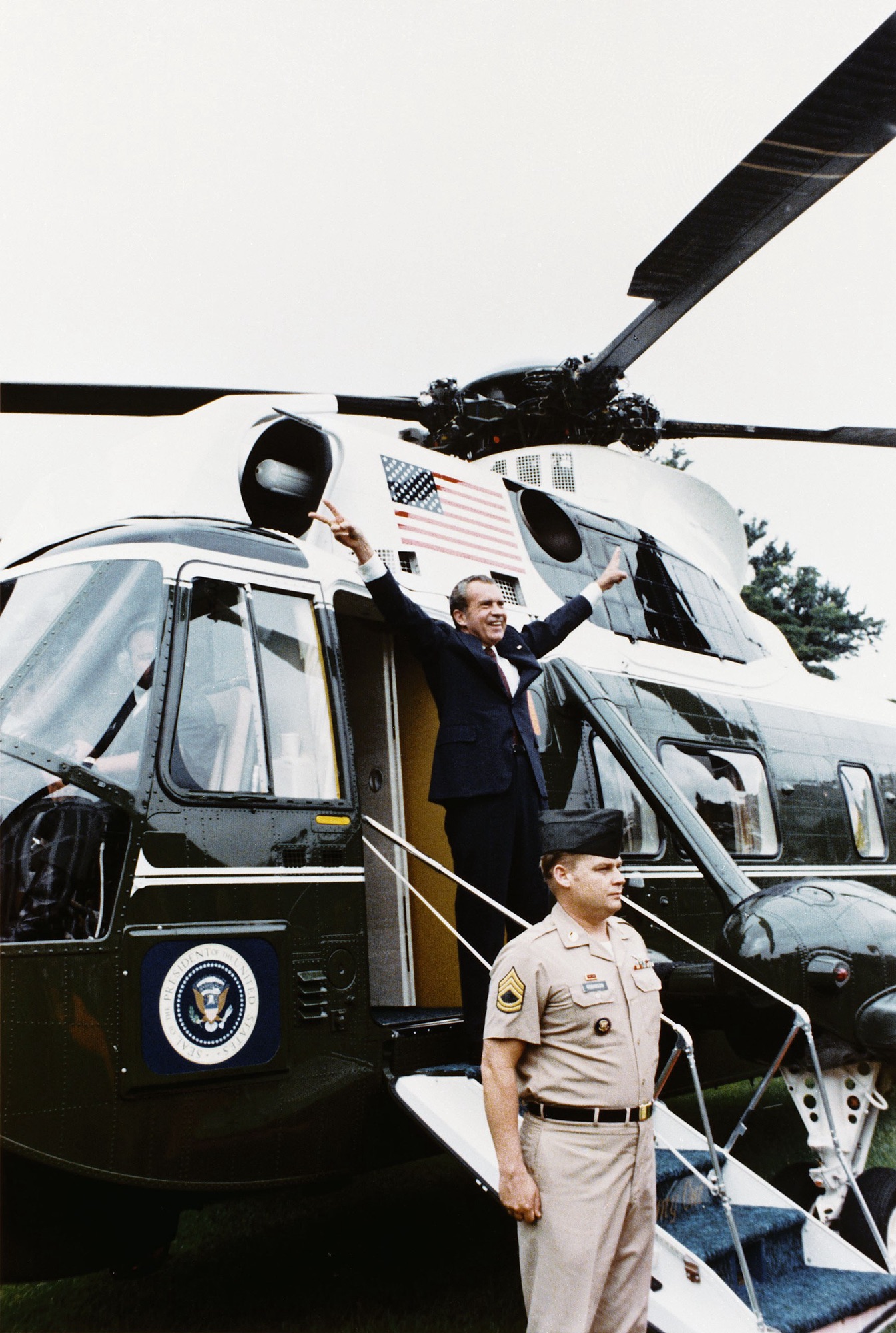
Henry Kissinger, a complex figure in global affairs, passed away at the age of 100, leaving behind a legacy that is both influential and controversial. Throughout his career, Kissinger played a dominant role in shaping U.S. foreign policy, particularly during the administrations of Presidents Richard M. Nixon and Gerald Ford. He was known for his diplomatic achievements, such as the secret negotiations that led to the 1973 Paris agreement, ending U.S. military participation in the Vietnam War, and his shuttle diplomacy efforts that stabilized relations between Israel and its Arab neighbors after the 1973 Middle East war.
However, Kissinger was not without his critics. He faced relentless scrutiny and accusations of being unprincipled and amoral. His policies on Vietnam, wiretapping reporters, and support for repressive regimes drew criticism from many. Despite cultivating the image of a respected elder statesman, his actions during the Nixon era raised questions about his ethics and moral compass.
In addition to his diplomatic achievements, Kissinger was also known for his personal life. With his German accent, incisive wit, and zest for socializing in Hollywood, he became a recognizable figure worldwide. He was notorious for his relationships with movie stars and had a reputation as a ladies' man.
While Kissinger's influence on global affairs cannot be denied, his legacy is complex. He was a figure who wielded unparalleled power and shaped the course of history, but his actions and policies continue to be debated and scrutinized.
Another diplomat, Peter Tarnoff, also passed away. Tarnoff, a seasoned diplomat who worked behind the scenes for presidents Jimmy Carter and Bill Clinton, played a crucial role in various negotiations and diplomatic efforts. He was known for his discreet influence and ability to get the job done. Tarnoff's career included establishing a secret channel to Fidel Castro and helping arrange the escape of U.S. Embassy officials from Iran, which was later depicted in the movie 'Argo'. He served as a confidential assistant to high-profile diplomats and held positions such as president of the Council on Foreign Relations and under secretary for political affairs at the State Department.
Both Kissinger and Tarnoff were influential figures in the realm of global affairs. Their lives and careers reflect the complexities and challenges of diplomacy, as well as the impact that individuals can have on shaping the course of history.
In a speech to a business luncheon in Sydney in 1995, Dr. Henry Kissinger discussed the contemporary international situation from a US perspective. He highlighted the unprecedented position the United States found itself in after achieving victory in the Cold War. Kissinger emphasized the need for the US to adjust to a world where it is one nation among others, with countries like Japan, Europe, China, Russia, and India having the capacity to affect international events. He discussed the challenges and opportunities presented by Russia's foreign policy, the interplay between India, China, and Japan in Asia, and the transformation of Japan's foreign policy. Kissinger also touched on the importance of handling the issue of Taiwan with care and maintaining good relations with all countries in Asia. He concluded by noting that the global international system was undergoing simultaneous restructuring, providing a unique opportunity for generations to shape the future on a global scale.
On August 8, 1974, Richard Nixon became the only U.S. President to resign from office amid the Watergate scandal. Nixon's resignation weakened the presidency and America temporarily. Nixon's decline and exit over two years confirmed that American laws were stronger than politicians. Nixon's last days were anguishing, and he bid an emotional farewell to his White House staff. Nixon was religious, raised a Quaker, and had a conscience that tormented him when he lied or defied the law. Nixon spent his retirement writing books and offering insights on international affairs. New President Gerald Ford took office peacefully after Nixon's resignation. America's democracy showcased its strength as a powerful president was seamlessly forced from office. America's economy rebounded within a decade and won the Cold War fifteen years after Watergate.
The life and career of Henry Kissinger, the death of diplomat Peter Tarnoff, Kissinger's perspectives on the contemporary international situation, and Nixon's resignation form a narrative that explores the shaping of global affairs, the complexities of diplomacy, and the impact of significant events on American democracy.